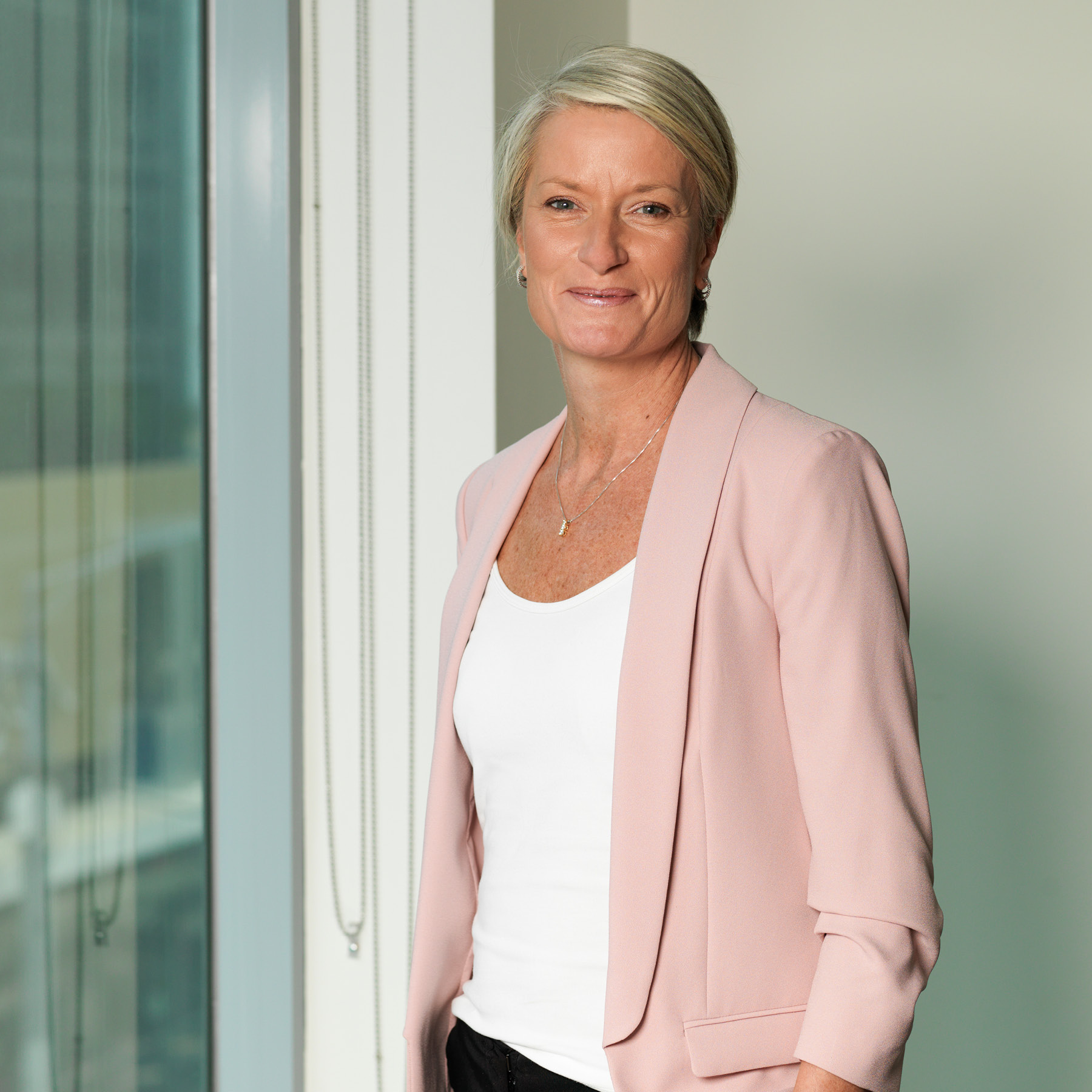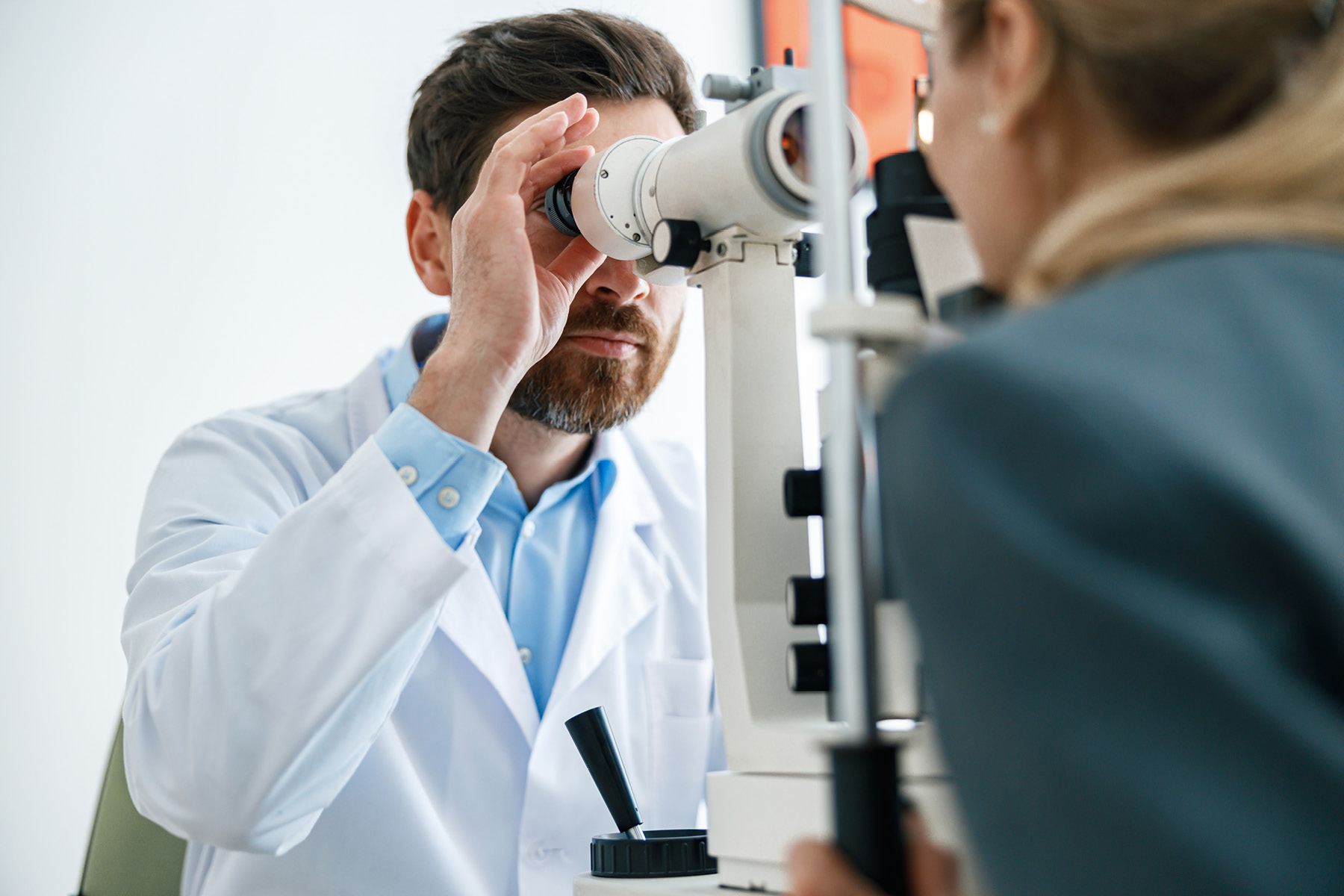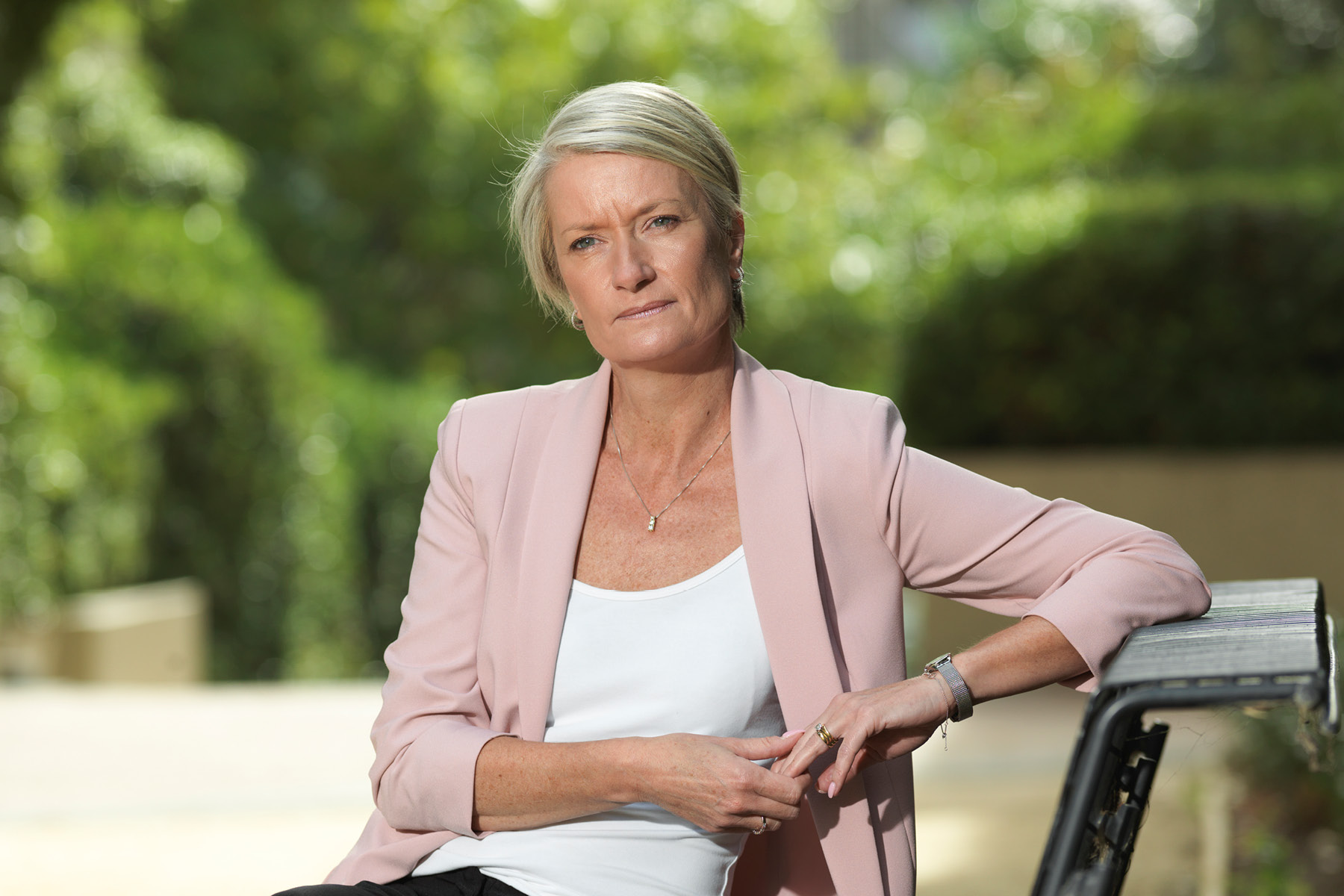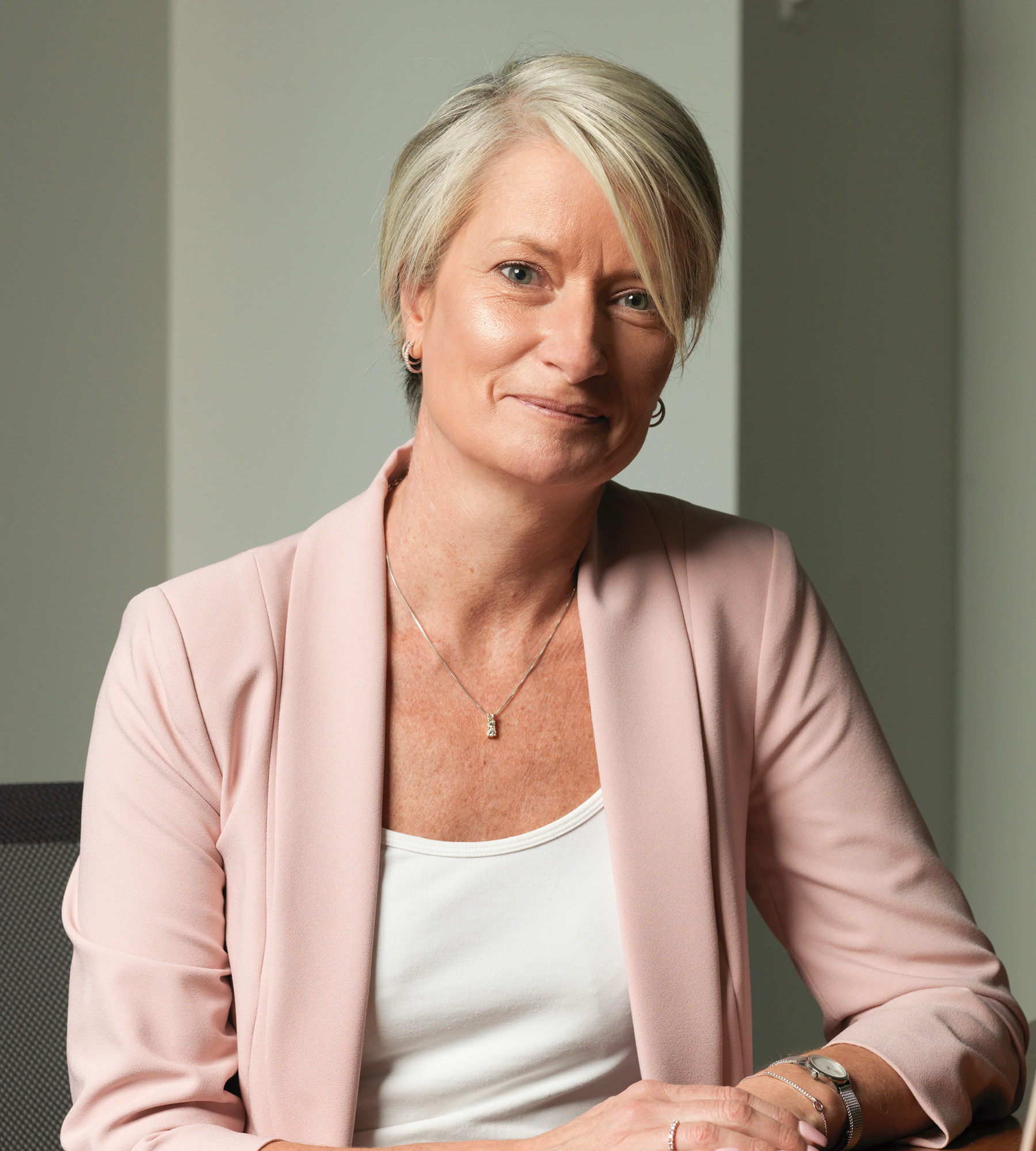Language
You can read the magazine in one of the following languages
Coming to terms with the irreversible blindness and visual impairment often associated with wet age-related macular degeneration (AMD) has been a difficult journey for millions of people living with the condition. But a new therapy from Australian biotechnology firm Opthea could drastically improve the outlook for those affected.
Wet AMD develops when abnormal blood vessels grow at the back of the eye, leaking blood and fluid that causes the retina to swell. The past 15 years have seen little additional progress in the treatment of this disease, according to Opthea CEO and Managing Director Dr Megan Baldwin.

“There’s a need to develop better treatments so that physicians can offer their patients something better.”
“Right now, there are only limited treatments available for patients. The majority of patients actually do not achieve sufficient vision gains or restoration to allow them to resume their routine daily activities,” she explains.
“There’s a need to develop better treatments so that physicians can offer their patients something better, giving them the ability to go above and beyond what the current treatments can offer them.”
Such a therapy is in the making, with Opthea working clinically on a molecule for the eye disease since 2015 when it initiated its phase one clinical trials with 51 patients. A phase two study of 366 patients followed.
“We reported those outcomes in 2019, and we were the first – the only company, actually – that’s demonstrated a better outcome for patients when you add our drug on top of the current treatment,” Baldwin says.
“There have been a lot of other pharmaceutical companies that have tried to do what we are doing, have tried to target other pathways, and haven’t actually achieved the improved results that we have.”

Opthea’s approach is to block, at a molecular level, the signals that cause blood vessels at the back of the eye to grow.
“If you can block that, you can actually normalize the vessel growth and you can reduce the swelling at the back of the eye. And that helps to restore vision,” she explains.
Baldwin is confident that Opthea’s product goes “above and beyond” any previous therapy in the treatment of wet AMD with the potential to revolutionize the outcomes for patients.

“What we are looking for is global approval of this drug to actually tap into the worldwide market.”
The molecule is now in phase three clinical development – the final phase. It represents a major breakthrough, both in the field and also for Australian biotechnology as a whole. As Baldwin points out, not many Australian companies make it to the phase three approval stage.
“What we are looking for is global approval of this drug to actually tap into the worldwide market,” she says. “There are very few Australian companies that take on such a large task as that.”
Currently ongoing are two clinical trials of 990 patients each, both across more than 25 countries, taking in a variety of populations. Opthea expects patient recruitment to be complete as early as the end of 2023, with top-line results expected to be released at the end of 2024.
“For our treatment regimen, each patient receives treatment for 12 months to the top-line data, and then they stay on treatment for a further 12 months beyond that in order to further understand the efficacy of how well and how safe the drug is,” Baldwin says.
If the trials “read out” positively, the idea is to then seek approval first in the United States, then the European Union followed by all the other regions of the world.
“We need to be ready to submit our application to the regulators and to actually be ready with a plan to launch the drug so it can be available for physicians to prescribe it to patients,” she adds.

“It’s important to plan for success, because we have a lot of conviction with this product.”
This involves the creation of a sales force, working out how best to transport the drug, negotiating with players in the healthcare industry and other commercial aspects – all necessary to successfully launch a product. According to Baldwin, the key is to make these preparations during the final stages of phase three.
“That’s why we are building out our team. That’s why we’ve now got people located around the world working with us. It’s important to plan for success, because we have a lot of conviction with this product,” she stresses.
It’s a big task that lies ahead of Opthea, but Baldwin and her team are more than prepared to put in the hard work.
“When you’re looking at a drug that’s shown very promising results and has the potential to really change people’s lives by improving how well they can see, their quality of life, their independence and their ability to stay in the workforce, then it’s absolutely worth it.”

